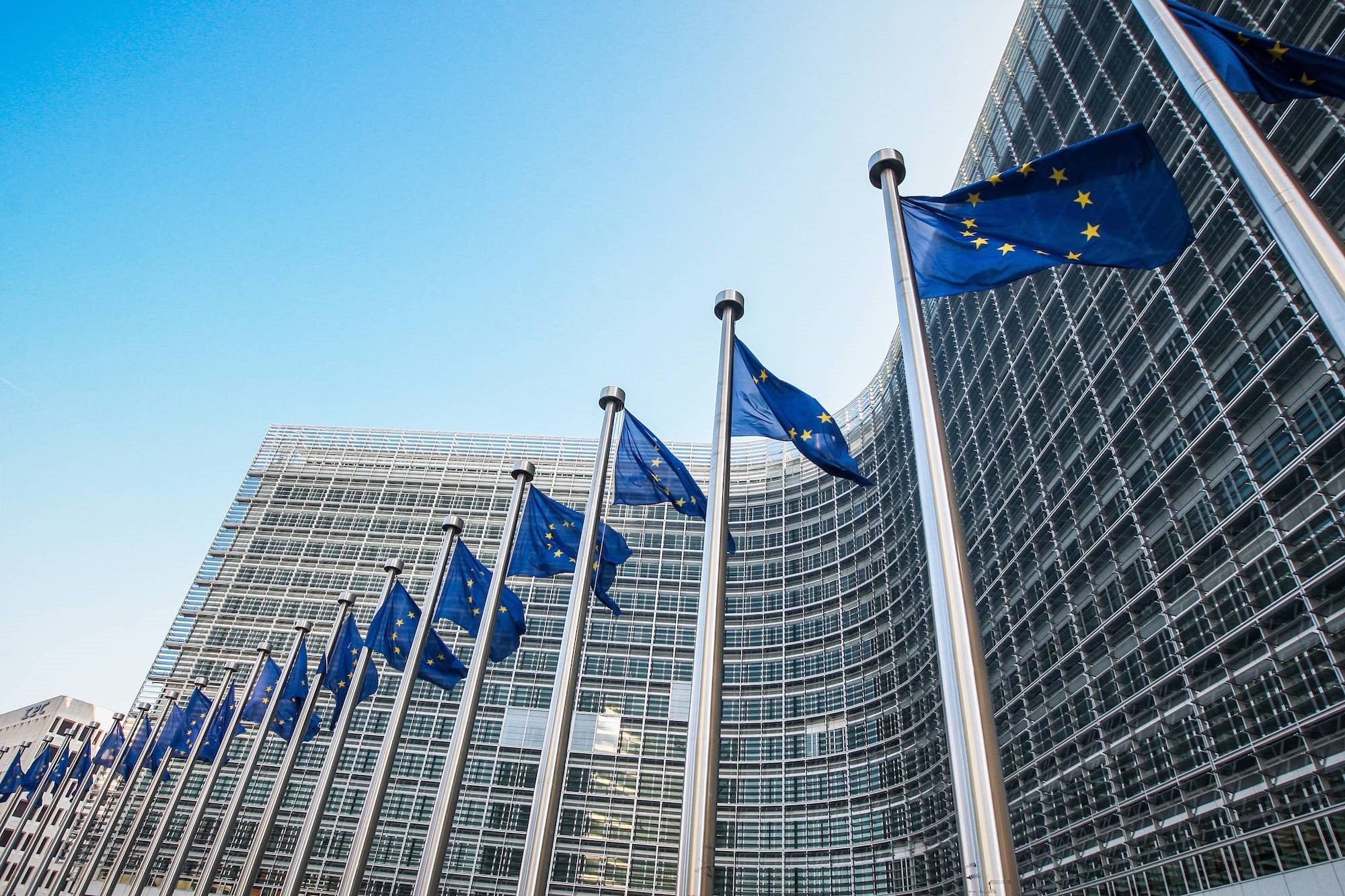
We are glad to announce that the European Commission has officially adopted the European Sustainability Reporting Standards (ESRS) as of July 31st.
Unlike the ISSB and the GRI, the ESRS are mandatory for all corporations with more than 250 employees or 40 million in revenues or 20 million in assets in the EU.
But due to the 'trickle down' effect soon they'll affect every corporation, large and small, European, or foreign, that does business in Europe.
The ESRS can appear daunting but in fact, they simply embrace what was best practice in the industry. In particular, the standards demand the adoption of double materiality (risk and impact) when analysing ESG factors. And they demand a thorough analysis of the entire value chain (from suppliers all the way to consumers).
Synesgy has been designed to comply with the ESRS before the ESRS is fully operational so that all our partners will have nothing to fear when it comes to their ESG reporting.
Furthermore, we'd like to address a recurring question we've encountered regarding the potential convergence between EU standards and their global counterparts, namely the ISSB and GRI frameworks. It's noteworthy that ESRS have been developed in close consultation with the International Sustainability Standards Board (ISSB) and the Global Reporting Initiative (GRI). The objective has been to establish a robust degree of interoperability between the EU and global standards, thereby minimizing the need for duplicative reporting by companies.
Also, the Press release from GRI is accessible at this link and the one from IFRS is available here.



